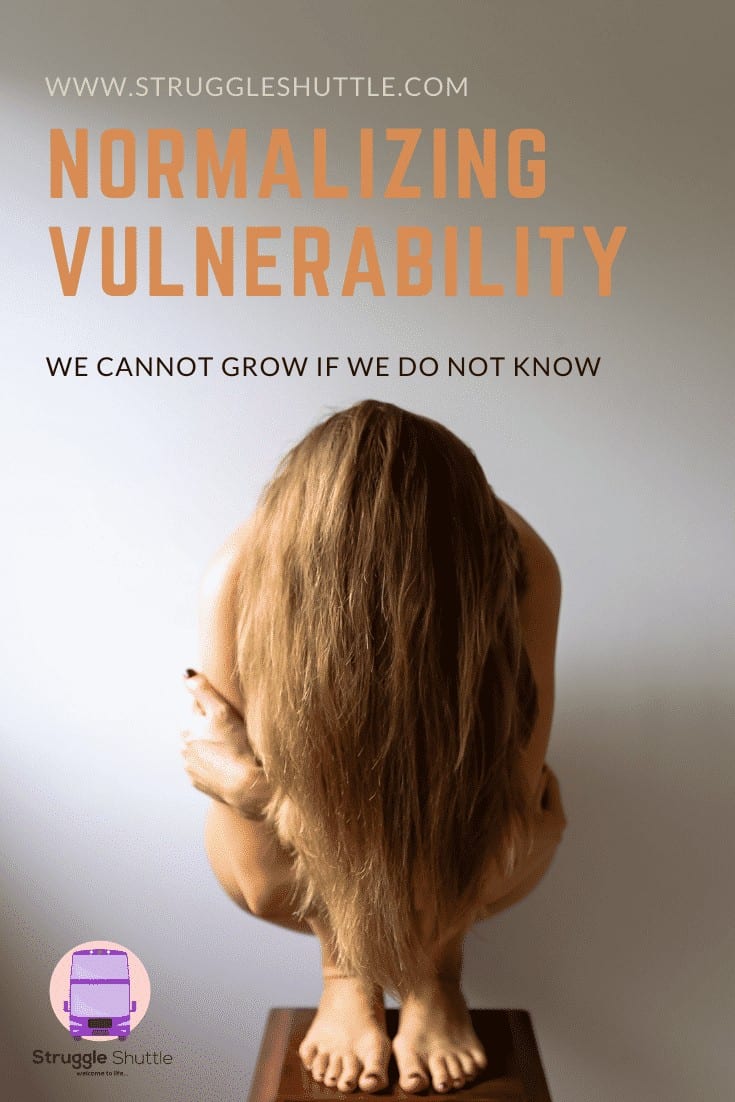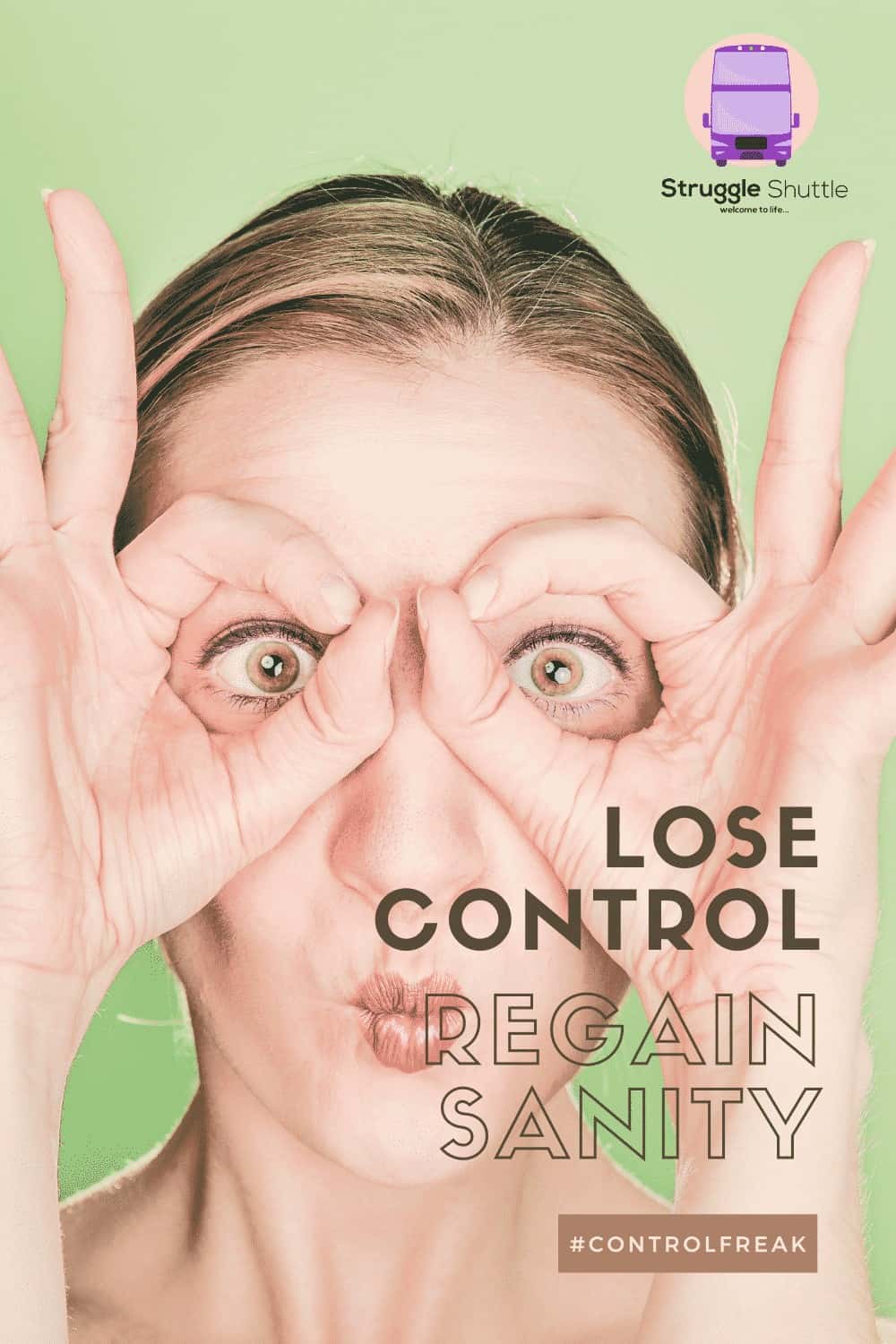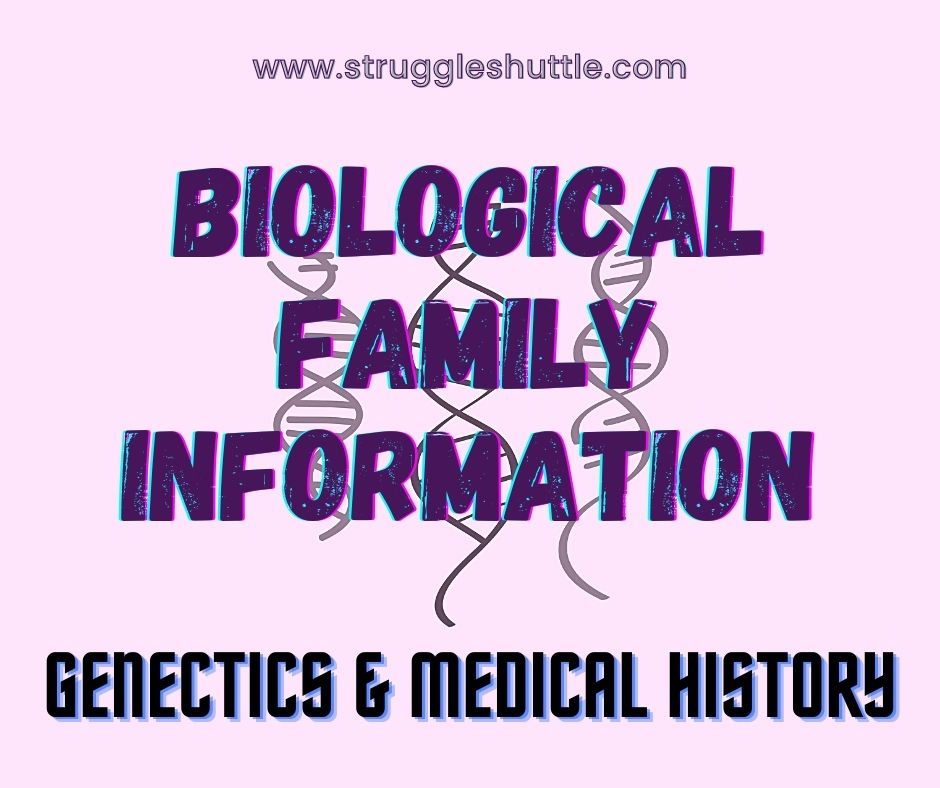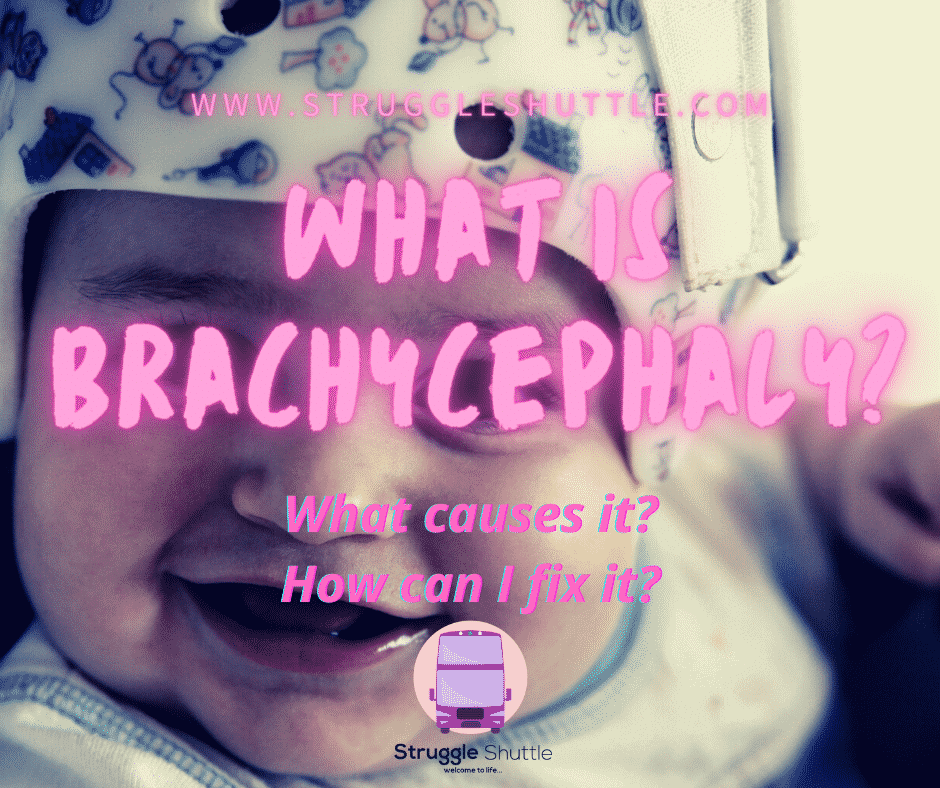
Normalizing Vulnerability | What I Don’t Know CAN Hurt Me
Vulnerability is the state in which one is at risk of potentially being attacked either physically or emotionally. We find ourselves most emotionally vulnerable when we express our feeling/emotions/thoughts about something to someone else. When we do this, we are risking rejection/objection/shame/humility. However, vulnerability is a double-edged sword, for through vulnerability we are also opening ourselves up to personal and interrelation growth. The benefits of manifesting vulnerability give us reason for normalizing vulnerability. However, do the benefits outweigh the risks??
Why is vulnerability so difficult?
The definition of vulnerability in itself states that we are opening ourselves up to the possibility of being hurt. So naturally, we want to keep ourselves protected so we choose to resist vulnerability.
Society has also impacted our views on vulnerability. Vulnerability tends to be looked at as weakness. And your awareness of this starts as a child. I’m sure you have heard the phrases throughout your life, such as:
Suck it up.
You’re okay.
Don’t worry. It’s not worth it.
Big girls/boys don’t cry.
Shake it off.
You’re better than that.
It’s fine.
Don’t be a baby/sissy/etc…
All of these phrases tell us that our problems are our own to deal with (and we should do so quickly and without emotion). And if we can’t, it is implied that we are weak.
However, we must ask ourselves, why are these phrases actually being used? Is it because our problems really are small and should be easily negated? Or, is it because our emotions make others uncomfortable?
As humans, we innately try to maintain a homeostatic environment. Meaning, we want everything to always just be “fine”. We want things to be “normal”. When they aren’t is when we tend to falter. We don’t know what to do and that makes us very uncomfortable.
When people around us are expressing serious feelings/emotions we start to get uneasy. Maybe we try to console them by twisting their situation into something positive. Or maybe we ignore it and just walk away… But whatever we choose to do, it is usually an attempt to make everything “okay” again. We also do it to make ourselves feel better.
Related post:
I Identify as I
But what if I told you that being vulnerable could make us feel better?
When we allow ourselves or others to express emotions and enter a state of vulnerability there is opportunity for personal growth. By listening to others and trying to comprehend their state of mind RATHER than trying to stop or change their perspective, we can learn from them. The same is true when we express ourselves to others. By talking about our ideologies we are able to better understand our own psyche. These opportunities for growth and development help to satisfy our souls.
Therapy is probably the biggest example of this. The percentage of people suffering from anxiety and/or depression is on the rise. Research reflects a sizable increase in the amount of people currently in therapy. Therapy is a safe environment that allows us to be vulnerable. Clearly, talking about the things that cause us anxiety or that depress us is an effective form of treatment.
Normalizing Vulnerability
As a society we are making vast strides to the normalization of vulnerability. Great examples of this are our niche blogs, social media groups, and community programs. Reading a blog written by someone that has had similar experiences can be highly effective in showing you that you are not alone. The different social media groups for issues such as: infertility, adoptions, parenthood, learning/physical disabilities, etc… are great to cultivate a community of people experiencing the same thoughts/emotions. Community programs, such as Celebrate Recovery, which is a 12-step program for anyone suffering from any hurt, habit, pain, addiction, or hang up are wonderful for an in-person, group therapy-like session.
All of these tools are effective in uniting those of us that struggle with the same issues. As a collective community, we then feel safe enough to be vulnerable and express our thoughts and feelings. The knowledge and awareness that we obtain through talking, listening, relating, and processing all of our thoughts and feelings allows us to better understand, accept and love ourselves.
For our hurts and our wounds are not buried dead. They are buried alive. When they are buried alive, they tend to resurface as the face of anxiety, depression, addiction, etc…To avoid or alleviate our suffering we need to talk our pain to death. We can do this through allowing ourselves to be vulnerable. It is clear, noting the number of outlets that are already in place, that practicing vulnerability is effective for healing. That is a fairly substantial reason to believe that the benefits of normalizing vulnerability in fact do outweigh the risk.
#normalizevulnerability #wecannotgrowifwedonotknow #heretolisten #onlyHecanjudge











25 Comments
Nikki Wayne
I agree. It’s okay to show vulnerability sometimes. If that would help ease our pain.
Pam Wattenbarger
Being vulnerable can be hard because it’s so easy to get hurt. Thanks for sharing the resources too!
Amber Myers
I love this! Yes, we should always be vulnerable. If you’re acting strong all the time, it can be tough and draining.
Tammy
We learn so much from our hurts of life
Ben
I think it’s so hard for us to be vulnerable because the world can be hard. Unfortunately, we harden ourselves to make it easier to get through the world, but they really is a disservice to ourselves.